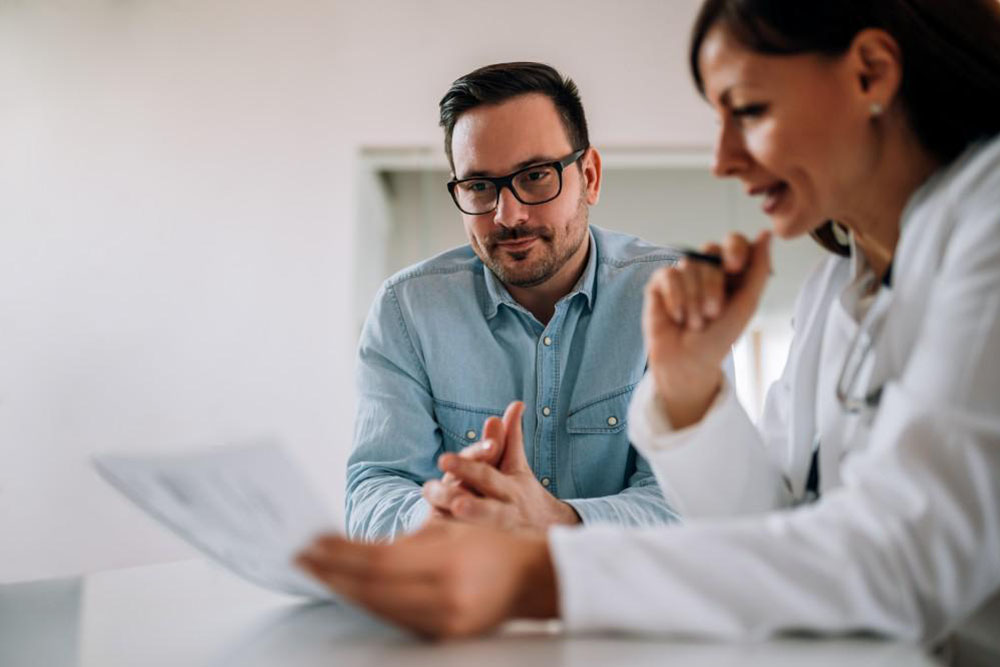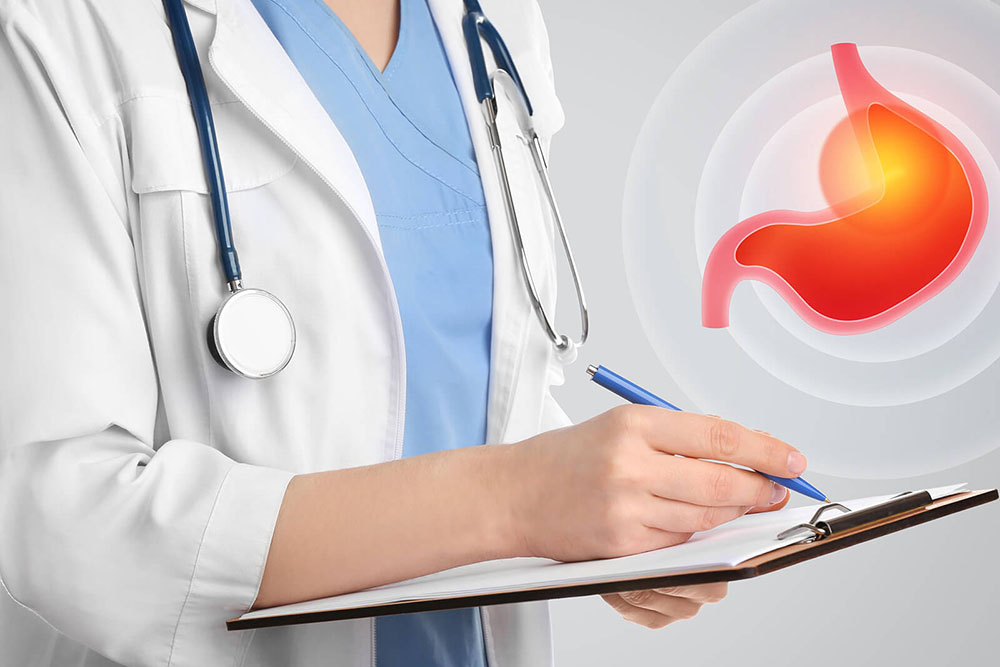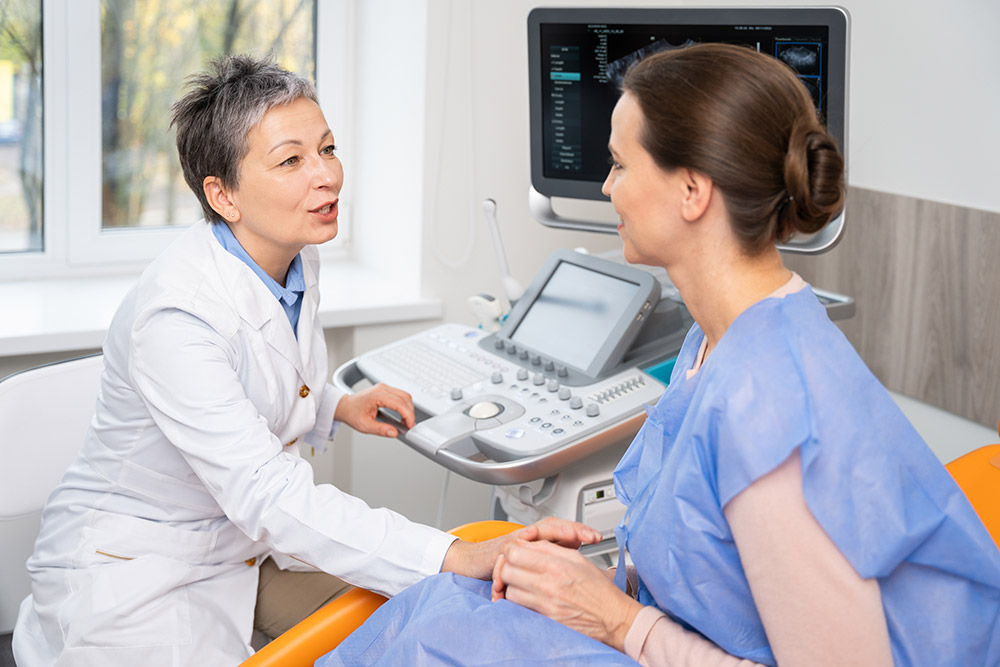What Is Candida?
Candida is a type of yeast that normally lives on the skin and inside the body without causing harm.
However, when it overgrows, it can lead to infections in areas such as the mouth, throat, genitals, or digestive tract.
Common Causes and Risk Factors
- Using antibiotics recently (kills healthy bacteria)
- Eating too much sugar or refined carbohydrates
- Having diabetes or high blood sugar
- Weakened immune system (due to illness or medications)
- Hormonal shifts (pregnancy, birth control pills)
Signs and Symptoms
- White spots or patches in the mouth or throat (oral thrush)
- Red, itchy rash in the genital area
- Bloating, gas, or loose stools
- Feeling fatigued or mentally foggy
- Frequent urinary tract infections
How Dr. Rishi Diagnoses Candida?
Dr. Rishi uses a step-by-step approach:
Medical History and Symptom Review
He reviews your symptoms, past infections, antibiotic use, diet habits and other risk factors.
Swab and Culture Tests
He takes swabs from the mouth, throat or affected skin/genital area to culture and identify the Candida species.
Stool and Blood Tests
- Stool analysis checks for yeast overgrowth and gut microbiome imbalance.
- Blood tests assess immune response and rule out systemic candidiasis.
Endoscopy and Biopsy (if needed)
For suspected internal infections, he performs a minimally invasive endoscopy to view the esophagus or stomach lining and may take tissue samples for confirmation.
Frequently Asked Questions
Can a man get Candida?
Yes. Men can develop yeast infections on the skin, genitals, or in the mouth.
Is Candida a sexually transmitted disease?
No. Candida overgrowth is not an STD, though it can cause itching and discomfort in the genital area.
What does Candida mean?
It comes from Latin, meaning clear or bright. In medical terms, it refers to the Candida yeast.
What foods are on a Candida diet list?
Non-starchy vegetables, lean proteins, low-sugar fruits, nuts, seeds, fermented foods, and probiotics.
How do antifungal tablets for Candida work?
They disrupt the yeast's cell wall, stopping its growth and helping restore your body's natural balance.
How long does treatment take?
Most patients feel better within 2-4 weeks when combining diet modifications with prescribed antifungals.
Can I cure Candida naturally?
Diet changes and probiotics can help control Candida, but antifungal medication is often needed for full recovery.
How do you test for Candida in the gut?
Dr. Chadha may order stool or blood tests, or perform a minimally invasive endoscopy with biopsy to confirm overgrowth.
When should I see a doctor in Houston?
Book an appointment if you have persistent white patches, itching, digestive symptoms, or recurrent yeast infections.
Is Candida contagious?
Generally no- it's your own yeast overgrowing. Good hygiene and appropriate treatment reduce any risk of spread.











